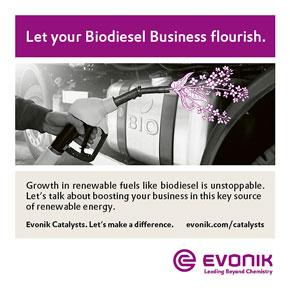Cargill completes biodiesel plant project in Belgium
The groundbreaking project is the one of the largest waste-to-biofuel facility in Europe and Cargill’s first, employing industry-leading technology to convert all types of liquid waste oils and fats, including used cooking oils, tallow and residues from edible oil production, into advanced biodiesel.
“By leveraging advanced waste-processing technology, we are providing an innovative solution that meets global renewable energy demands, respects environmental needs and helps customers realize greenhouse gas commitments,” said Alexis Cazin, managing director for Cargill Biodiesel & Carbon EMEA.
“But the benefits are much broader, especially when considered alongside our global portfolio of alternative fuels, as they offer a bridge toward a future, decarbonized transportation system.”
In Europe, which has the ambition of being the first climate neutral continent in the world, Cargill’s advanced biodiesel helps solve a key challenge. Historically, developing low-carbon renewable fuels solutions for heavy-duty trucks and maritime shipping was difficult, yet transportation represents almost a quarter of Europe’s greenhouse gas emissions.
Advanced biodiesel produced from oil waste and residues offers a concrete, cost-effective approach to address this need, bringing major benefits to citizens, communities and the environment.
Cargill already provides high-performing, renewable solutions for customers in more than a dozen industries, from building materials, beauty and personal care to power generation and performance chemicals like foams, candle wax and lubricants. It also encourages responsible, sustainable agricultural practices in the production of the raw materials used for these bio-based solutions.












